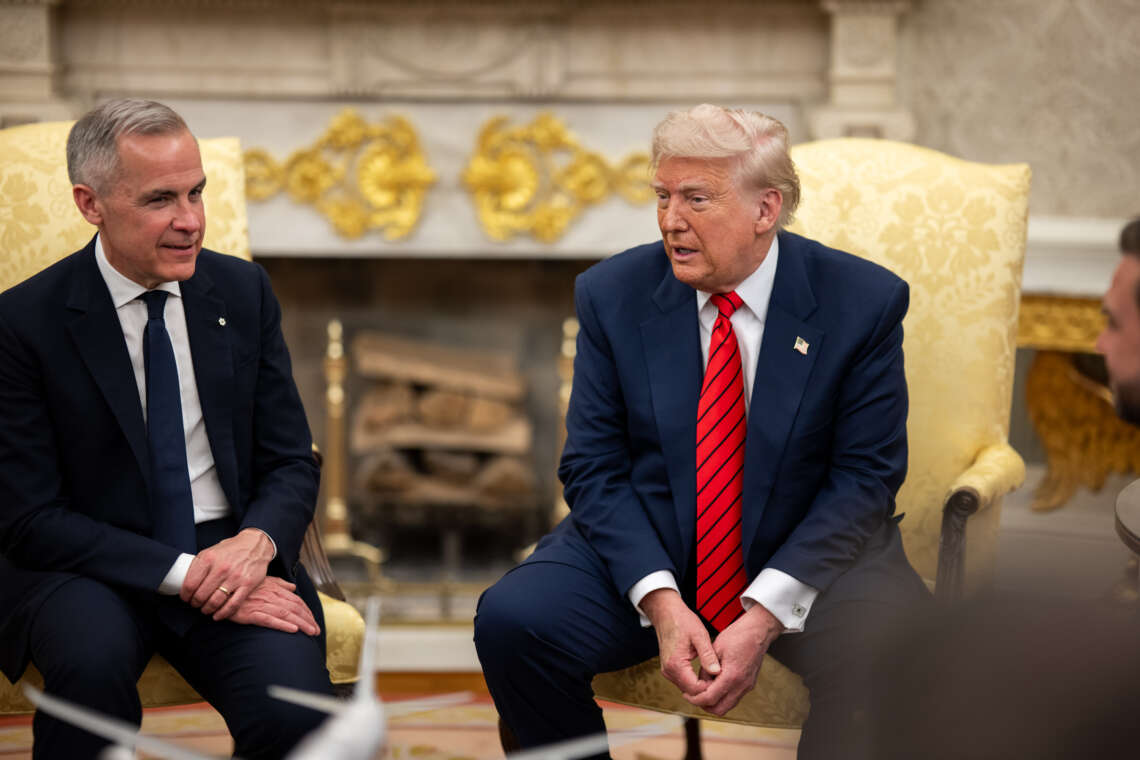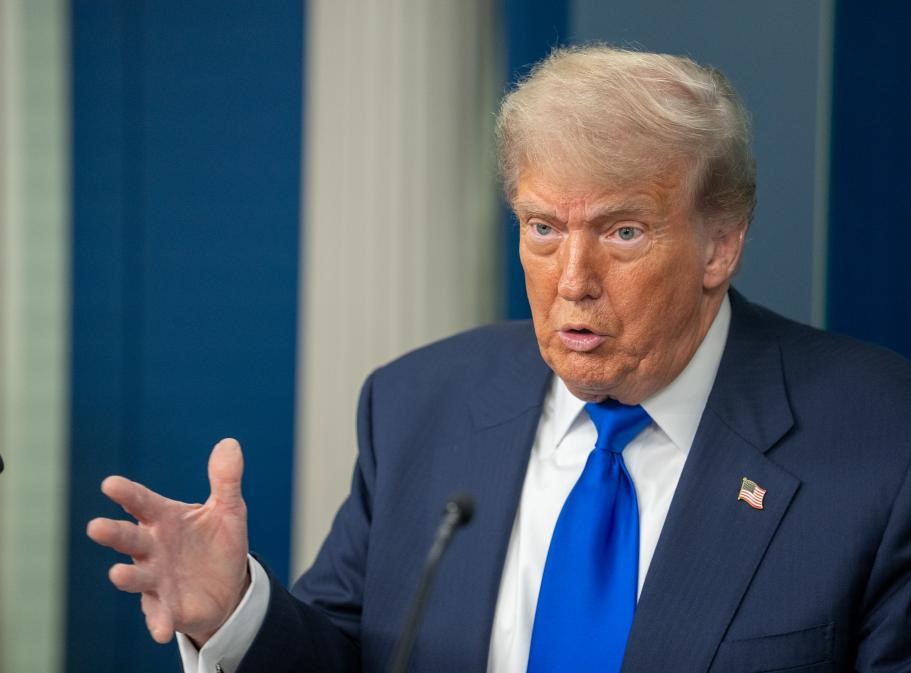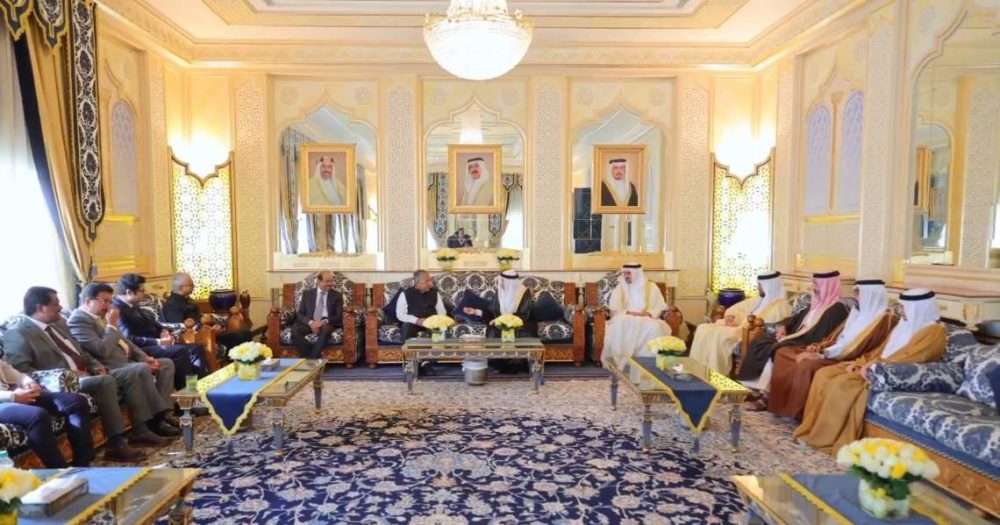U.S. President Donald Trump said that all ongoing trade talks with Canada will be terminated, with new tariffs possibly on the horizon.
Canadian Prime Minister Mark Carney has described trade negotiations with the United States as “complex,” following a fiery announcement by U.S. President Donald Trump that all ongoing trade talks with Canada will be terminated, with new tariffs possibly on the horizon.
Trump’s abrupt decision was in retaliation for Canada’s planned digital services tax, which is set to take effect on June 30. The tax would require major American technology firms — including Amazon, Google, Meta, Uber, and Airbnb — to pay a 3% levy on revenues earned from Canadian users.
In a post on social media, Trump branded the tax “a direct and blatant attack on the United States,” triggering renewed tensions between the two North American neighbours.
Speaking to local media, Carney maintained a measured tone, acknowledging the challenges but reaffirming Canada’s commitment to diplomacy. “We’ll continue to conduct these complex negotiations in the best interest of Canadians,” he said. “It’s a negotiation.”
The breakdown in talks adds pressure on an already strained bilateral economic relationship. Canada had been working to convince the Trump administration to roll back tariffs on Canadian goods — particularly affecting auto and manufacturing sectors — but Friday’s announcement appears to have upended that effort.
Canada’s economy has already begun to feel the squeeze. According to Statistics Canada, real GDP dipped by 0.1% in April, with the transportation equipment manufacturing subsector being the biggest drag on growth. Exports of passenger vehicles and light trucks have fallen sharply, as several automakers reduced output amid tariff-related uncertainty.
The new digital levy, which Ottawa insists is a fair response to tech giants profiting from Canadian users without sufficient domestic tax contributions, has long been a point of contention between the two countries. Canada argues the measure is temporary and will be rolled back once a global digital taxation agreement, led by the OECD, comes into force.
However, Trump’s administration has rejected the rationale, arguing that such taxes disproportionately target American firms. This latest standoff could mark the beginning of another economic rift, reminiscent of the trade tensions seen during Trump’s previous term.
Canadian officials have signalled they are prepared to defend the digital tax policy, while also hoping for a diplomatic off-ramp. But with new tariffs now being threatened, and negotiations frozen, economic analysts warn of further disruptions to trade flows and investor confidence.
As the June 30 implementation date looms, all eyes will be on whether Canada proceeds with the tax, and how Washington responds if it does. For now, Canada’s message is one of cautious persistence — but the path ahead remains anything but straightforward.









